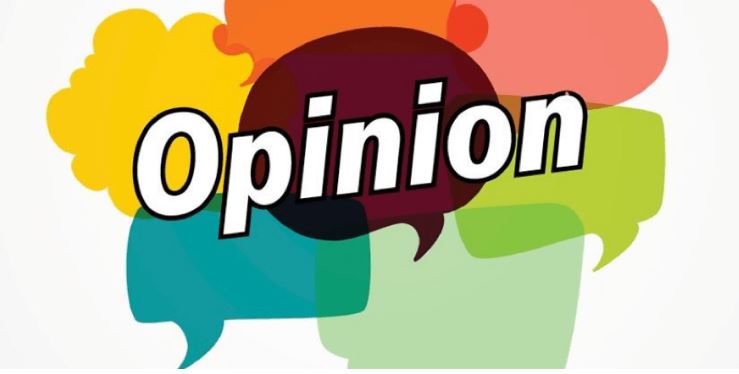
Practicing empathy for drug users can go a long way in promoting their recovery and well-being.But how can we make empathy work in a way that actually benefits her? ?First, it is important to avoid criticism and prejudice. Drug addiction is a complex and multifaceted disease influenced by many factors, including genetics, environment, and psychology. Recognizing the complexity of addiction and avoiding oversimplifications and judgments can create a safe and supportive space for individuals to seek help and take the path to recovery. Second, it is important to listen and understand the individual’s point of view. By actively listening to their experiences, we can gain insight into the causes of addiction and identify potential triggers and challenges. help develop an individualized treatment plan for Third, it’s important to provide support and encouragement throughout the recovery process. Addiction can be a long and difficult journey, with many ups and downs along the way. Through consistent support and encouragement, we help individuals stay motivated, focus on their goals, reduce the likelihood of relapse, and promote long-term recovery.
It is also important to recognize that recovery is not a linear process and setbacks are a normal part of the journey.By practicing empathy and understanding, we help people navigate these setbacks with compassion and support. , can encourage them to continue their journey to health and well-being. A lack of empathy for drug users can have serious consequences for both individuals and the wider community.My friend’s brother One of the main consequences of lack of empathy, as foreseen in the case of , is the perpetuation of stigma and discrimination.When drug users are stigmatized, they are more likely to feel embarrassed and isolated, It becomes difficult to ask for help and support. This can lead to a vicious cycle of addiction, in which individuals are unable to access the resources they need to overcome their addiction, leading to continued drug use and potentially harmful behaviors. Moreover, this can have broader societal implications. For example, this can lead to negative public attitudes towards drug users, which can lead to criminalization of drug addiction and overreliance on punitive measures. This can further exacerbate the harm from addiction, make it more difficult for individuals to access treatment and support, and increase rates of imprisonment, violence, and other adverse outcomes. , the National Drug Law Enforcement Agency has established a toll-free number (0800-1020-30 0) to provide prompt support for treatment, counseling, and care for people with drug use disorders. A toll-free hotline also provides friends of drug users with advice on how best to deal with them so as not to hinder their recovery or stigmatize them. There are many things you can do to understand the people around you who are using drugs. It can start with the language we use, how we communicate with our users, and how we treat them with less indifference and more respect. We also need to consider drug use from a humanitarian perspective rather than a moral one. In these and other ways, we have been able to maintain empathy and support the healing of those around us who have drug problems.
Yola is writing from FCT in Abuja.





